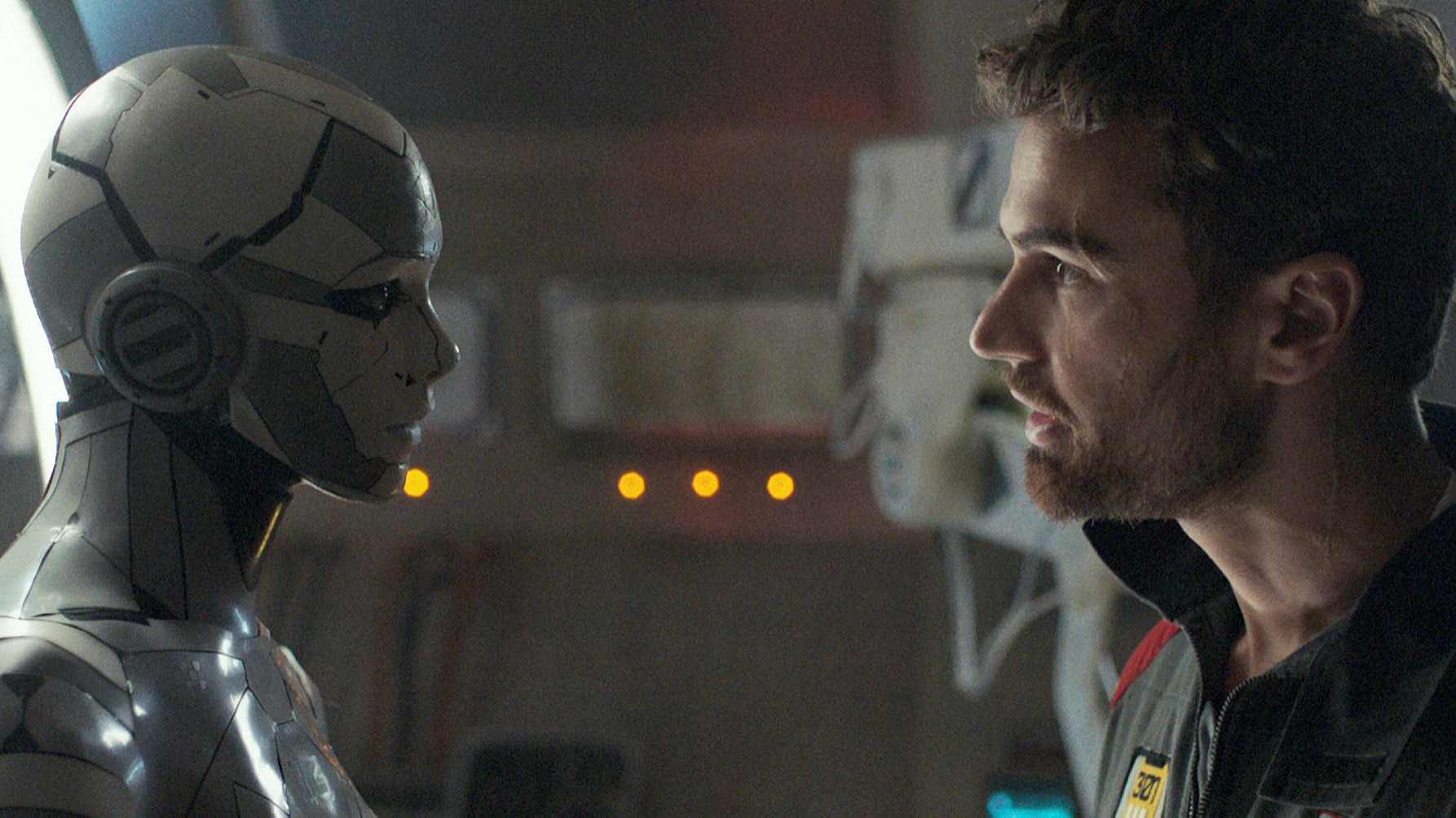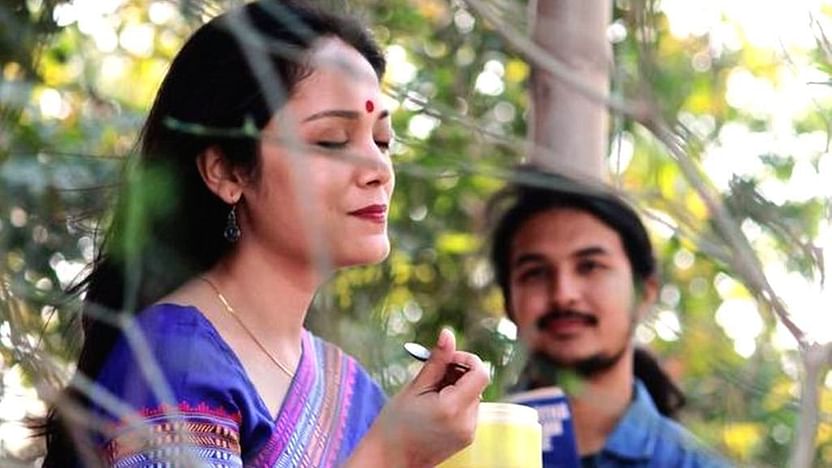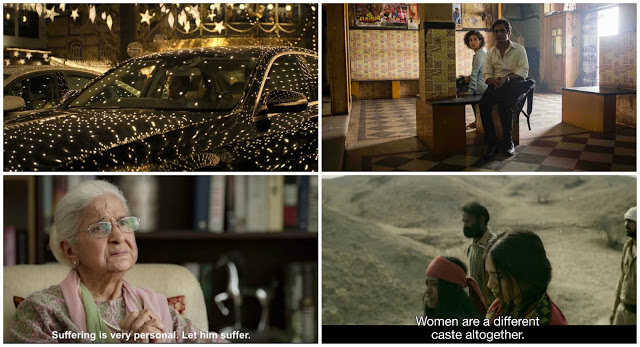If ever there was evidence of Indian independent films making waves on a global scale, it’s at this year’s Toronto International Film Festival (TIFF). There are 10 films from India showing at the Canadian festival and all of them are getting some great recognition. In fact, Mumbai has been selected as the showcase in this year’s City to City Program.
The Huffington Post highlights the importance of the program and the films being presented:
This is the fourth edition of the Festival’s City to City program, which has featured a different international filmmaking locale every year. The past three years have brought works from Tel Aviv, Istanbul and Buenos Aires, but this year the festival has chosen India’s most populous city as its global focal point. Mumbai, or Bollywood, has long been known as the center of the Hindu movie industry, but its entertainment landscape has lately been undergoing a transformation. “The rise of independent cinema has shifted the terrain, probing into previously taboo subjects and adopted styles that were earlier unpalatable to the Indian audience,” said Cameron Bailey, Artistic Director of the Festival in the press release today. “Mumbai’s film industry is going through a significant change and a strong group of new filmmakers has emerged.”
Many of the films featured in the City to City program do confront taboo themes of violence, political dissatisfaction, and sexual exploitation. Filmmaker Anurag Kashyap’s “Gangs of Wasseypur” depicts the historical role of criminal clans in India while Hansal Mehta’s “Shahid” addresses human rights abuses related to Muslim minorities living in the country. Features like “Mumbai’s King,” by Manjeet Singh and “Peddlers,” by Vasan Bala, similarly portray the poverty and illegal underground activity of Mumbai’s streets. For most of the Indian filmmakers participating in the festival, the screening of their works marks the first time the films will be screened in North America, and for some, the world.
Cameron Bailey, TIFF’s Artisic Director, seems to understand the growth of quality filmmaking in Mumbai better than most. In an interview with Nandita Dutta for Dear Cinema, he discusses his love for the Indian film industry:
What excites you about Mumbai as a city and the films that emerge out of it?
Mumbai has more movie-mad people than anywhere in the world. From the time I land at the airport to the time I leave, I encounter countless people who want to talk about their favourite films, their favourite stars and the gossip around both. People love movies in Mumbai, so on that level it feels like home.
Why did you choose Mumbai for this year’s City to City Programme?
This is Mumbai’s time. There’s a new generation of filmmakers in that city who are reinventing Indian cinema and taking it to the world. Anurag Kashyap, Dibakar Banerjee and others are giving new life to familiar genres, making them edgier and more naturalistic. New directors like Anand Gandhi with Ship of Theseus, Manjeet Singh with Mumbai’s King and Mohit Takalkar with The Bright Day are using the latest techniques in world cinema to tell stories that are both deeply personal and deeply Indian.
Unlike European festivals, you have always favoured Bollywood. What are your views on the indigenous film industry?
Unlike the big European festivals, we’re interested in popular cinema as well as art house films. We don’t like to wait until comedies, musicals, actions films and other popular genres are decades old before we give them their due. That’s where Bollywood fits in, as well as Tollywood, etc.: there are great artists working within commercial cinema in India. We think those films, when they’re good, deserve both respect and celebration.
Do you think that Bollywood has also undergone change with time? What changes do you notice?
Bollywood always changes with time. I was intrigued to see Ishaqzaade this year because it shows one of the India’s biggest film banners responding to the grittier feel of Mumbai’s new independent films. Yash Raj is known for glossy entertainments. If they can absorb the influence of the new, indie wave represented by filmmakers like Dibakar Banerjee and Anurag Kashyap, then it shows how dynamic the industry can be. It’s also a great sign of the evolving audience in India. Their tastes will change along with changing styles and subjects in the movies.
What is it about Indian cinema that differentiates it from the world?
Variety, intensity, beauty and change. No other nation has those qualities to the degree that India does.
Who are the Indian actors you appreciate?
Aamir Khan. Shah Rukh Khan. Naseerudin Shah. Abhay Deol. Priyanka Chopra. Seema Biswas. Rani Mukherjee. Nana Patekar. Rahul Bose. And so many more. I appreciate both the great dramatic actors and the brilliant charmers.
The Toronto International Film Festival will run through Sept. 16. Stay tuned to IIF for all the interesting news and tidbits from the floor.







Mumbai’s selection as the international location under the City to City Program of the TIFF this year is indeed timely and well deserved. I don’t know of any other city in the world which is almost as synonymous with movies as Mumbai. Also, I really liked Bailey’s interview, which definitely displays meaningful insights into the contemporary cinema.
I would learn standard hindi from books and cd’s etc, or take a class ..then you can prctciae later recognizing words in hindi movies. The hindi in the movies isnt always what you would find in the proper hindi books, as its actually called Hadiboli’ (hindu/urdu dialect)- a dialect that is commonly accepted as the common language of communication in movies, and media, and modern literature etc. watching the movies is good prctciae once you know a bit especially if you dont have anyone to converse with, and if you can understand the speedy talking then you wil do well. Get the ones with subtitles so you can at least learn pick up on some new words, with repitition you will come to recognize alot of common words, but be warned that subtitles are often not translated well and have alot of mistakes.good luck!
AM:Glad to see your comment.I remmeber Bill Clinton! I am an independent. I voted for him very energetically. Came to think about it, the population was feeling happy about the country’s direction and some comprehension about it (Monica did not matter). Quite opposite from now — isn’t it? Look at this South Asia trip. What is it? Vacation in Indonesia? What would he “show and tell” on return? Just the intellectual mind gathering? How would the average American respond? Talk about the ineptness.On the political side, in the recent days, India did much better with the Republicans (more on the Congress, Senate, Bush and Clinton). The biggest opposition to Indian Nuclear deal came from NE Democrats. I did not forget the bow tie congressman from Mass. At times he sounded like crusader for Pk well being. Look at the Pk policy now – where did the big stick go?Given India’s position now in the “consumer bracket” US business would be very happy to make friens — only if the govt allowed. As you know, business is the mightiest force in America and Reps are with it. Dems carry around too many slogans and brings the things down in their own weight. I hard Chris Mathew once saying “You tell Dems to form a firing squad, they stand in a circle”.”Balance of Power” with US won’t work. “Blackmail”? As Pakistan showed it will. They got America in a life long bondage (hate to use these terms). China’s Iran trade goes full force. India?Indians are too naive and too much of a gentleman. (sorry for this comment but I had to say it).- nanovacuum (US)
cheap kamagra
generic kamagra
kamagra
kamagra online
cheap kamagra
generic kamagra
purchase kamagra
kamagra online
garcinia cambogia walmart
Mumbai Meets Toronto | India Independent Films (iiF)